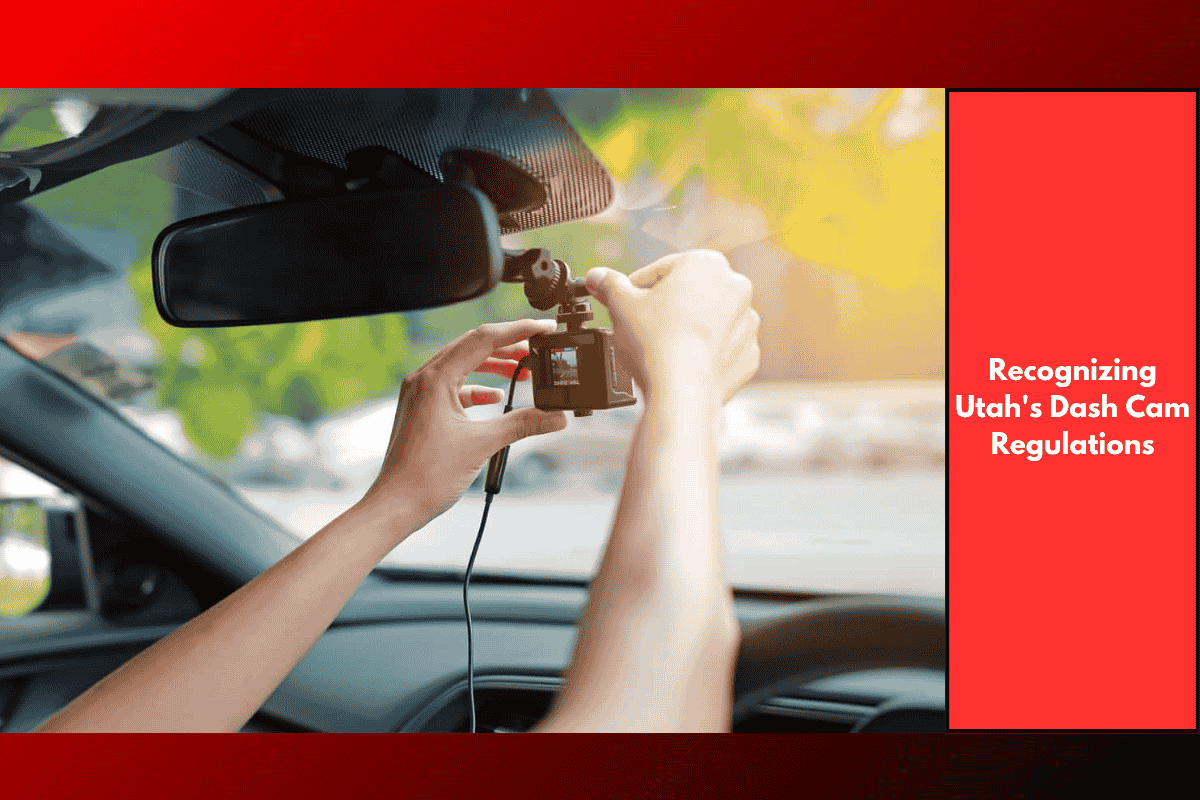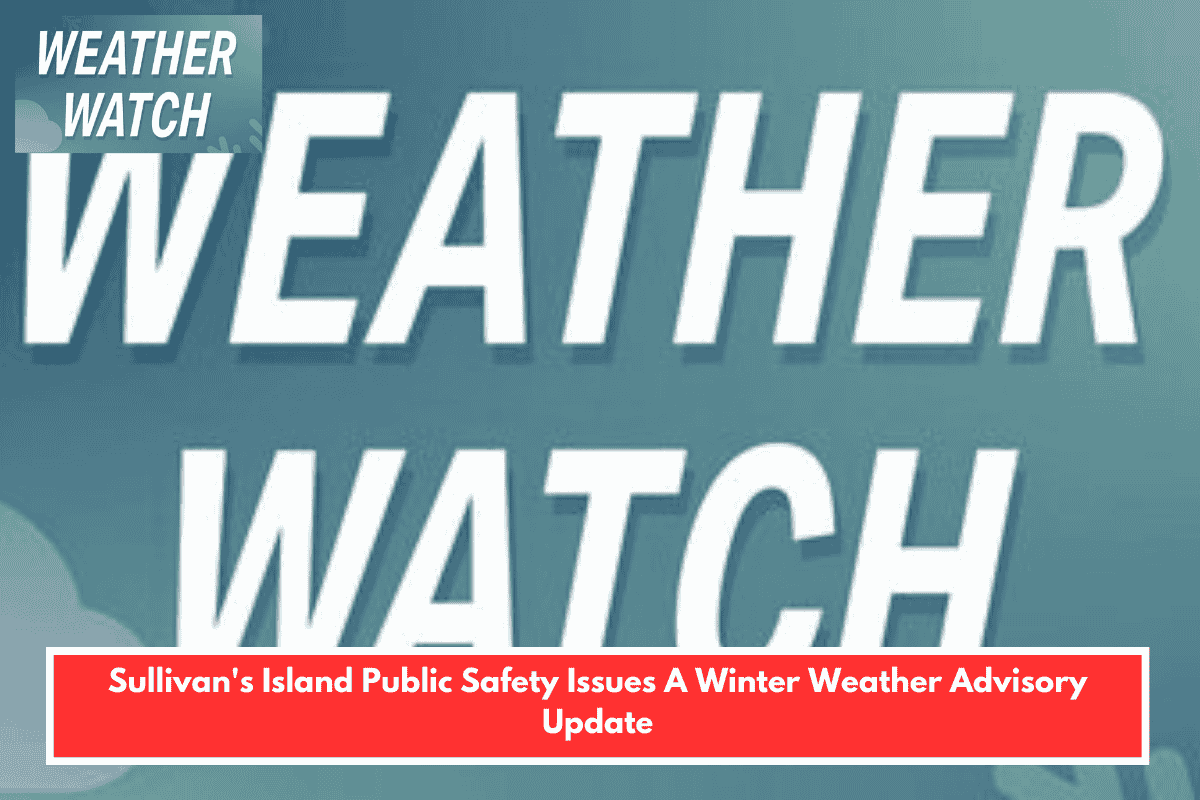Dash cams have become a popular tool for many drivers, offering an added layer of security and evidence in case of accidents, disputes, or even legal issues. In Utah, like in many other states, the use of dash cams is generally permitted. However, there are specific regulations and laws that drivers should be aware of to ensure they are using dash cams legally and ethically. This guide will help you understand Utah’s laws on dash cams and how they may affect you as a driver.
Are Dash Cams Legal in Utah?
Yes, dash cams are legal in Utah. There are no state laws prohibiting the use of dashboard cameras for recording while driving. Many people use dash cams to capture footage of their driving for reasons such as accident documentation, insurance claims, or protection against road rage incidents. The footage can be extremely helpful in providing evidence to support your side of a story in the case of a dispute or legal issue.
Key Regulations on Dash Cams in Utah
While using a dash cam is legal, there are certain restrictions and regulations that drivers must be aware of to avoid potential legal issues.
Privacy Concerns and Recording Audio
Utah is a one-party consent state when it comes to audio recording. This means that as long as one party involved in the conversation is aware of the recording, it is legal. However, there are some important points to consider:
Recording Audio in Public Spaces: If you have a dash cam that records audio, you must be mindful of conversations you are recording. If your camera picks up conversations inside your car, and one of the people involved in the conversation does not know that the audio is being recorded, it could violate privacy laws.
Recording Audio Outside the Car: If your dash cam records audio of conversations outside the vehicle (e.g., if you are talking to someone during a traffic stop), you should be cautious. It’s important to understand that while you can legally record in public, there are limits to how much you can record conversations without consent, especially if they involve sensitive information.
Placing the Dash Cam on the Windshield
The placement of your dash cam is crucial when driving in Utah. Although there are no specific laws prohibiting the placement of dash cams on windshields, it’s important to follow Utah’s general vehicle equipment regulations:
Obstruction of Vision: The Utah Code (41-6a-1632) prohibits any objects from being placed on the windshield or within the driver’s line of sight that could obstruct their view of the road. This includes dash cams.
Proper Placement: To avoid obstruction, it’s best to mount your dash cam near the rearview mirror, where it will not block your view of the road or interfere with the operation of your vehicle. Ensure that it does not hinder your ability to see traffic signs, signals, or pedestrians.
Dash Cam Footage and Legal Use
Dash cam footage can be incredibly valuable in legal situations, but it is important to understand its legal implications:
Evidence in Court: If you are involved in an accident and need the footage as evidence, dash cam recordings are generally admissible in court as long as they comply with chain of custody rules and are relevant to the case. However, if your footage includes private conversations or is recorded in violation of privacy laws, it could be challenged in court.
Sharing Dash Cam Footage: Be careful about sharing footage publicly, especially if it includes private conversations or individuals who have not consented to being recorded. In some cases, sharing footage may violate privacy laws or expose you to defamation claims if the footage harms someone’s reputation.
Dashboard Camera Registration and Compliance
Unlike some states, Utah does not require dash cams to be registered or regulated. You are not obligated to inform law enforcement or other authorities that you have a dash cam installed in your vehicle unless the footage is requested as part of an investigation.
However, if you are involved in an accident or legal matter, and law enforcement requests the footage, you may be required to comply. In general, dash cam footage should be retained properly, especially if you intend to use it as evidence.
Potential Issues and Considerations
Data Retention: Dash cams typically store footage in a loop, overwriting old recordings when storage is full. Ensure that you regularly back up important footage if you intend to keep it for legal purposes.
Insurance: Some car insurance companies may offer discounts if you have a dash cam installed, as it provides additional evidence in case of a claim. Check with your insurer to see if this applies to your policy.
Respecting Other Drivers’ Privacy: While dash cams provide protection for drivers, it’s important to respect the privacy of other drivers and pedestrians. Avoid using the footage for purposes that could infringe on others’ privacy rights.
Dash cams are legal to use in Utah, and they can be an invaluable tool for protecting yourself and ensuring your safety on the road. However, it’s essential to follow regulations concerning placement, audio recording, and privacy concerns to avoid any legal issues. By understanding Utah’s laws on dash cams and respecting the privacy of others, you can make the most of this technology without running into legal trouble.
SOURCES
[1] https://matrackinc.com/dash-cam-laws-by-states/
[2] https://www.ddpai.com/blog/dash-cam-laws/
[3] https://le.utah.gov/~2025/bills/static/hb0565.html
[4] https://www.expertmarket.com/dash-cams/dash-cam-laws-by-state
[5] https://www.blackboxmycar.com/pages/are-dash-cams-legal-in-my-area-dash-cam-laws-in-every-us-state














